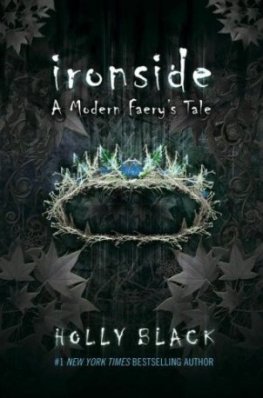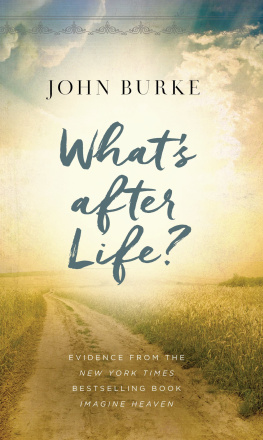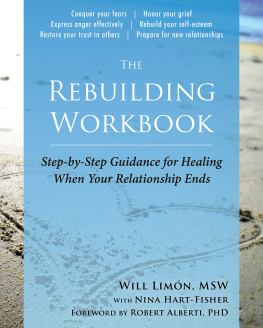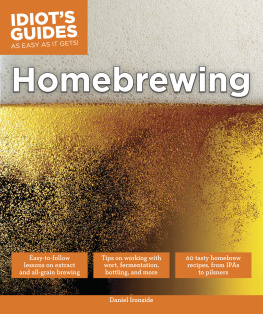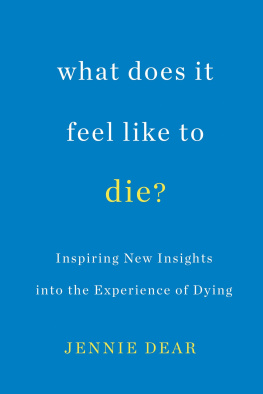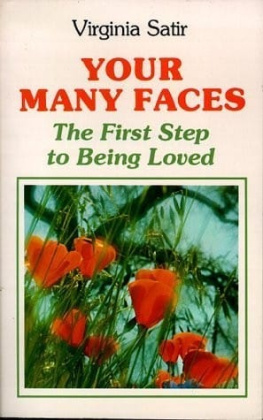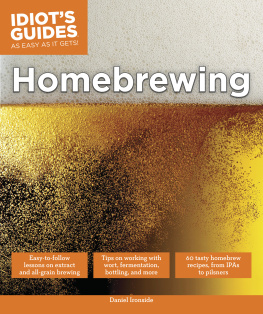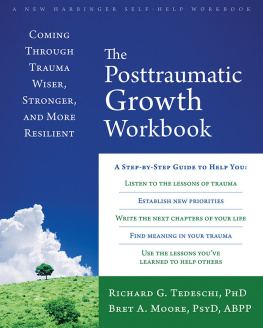Virginia Ironside - Youll Get Over It: The Rage of Bereavement
Here you can read online Virginia Ironside - Youll Get Over It: The Rage of Bereavement full text of the book (entire story) in english for free. Download pdf and epub, get meaning, cover and reviews about this ebook. year: 1997, publisher: Penguin Books Ltd, genre: Religion. Description of the work, (preface) as well as reviews are available. Best literature library LitArk.com created for fans of good reading and offers a wide selection of genres:
Romance novel
Science fiction
Adventure
Detective
Science
History
Home and family
Prose
Art
Politics
Computer
Non-fiction
Religion
Business
Children
Humor
Choose a favorite category and find really read worthwhile books. Enjoy immersion in the world of imagination, feel the emotions of the characters or learn something new for yourself, make an fascinating discovery.

- Book:Youll Get Over It: The Rage of Bereavement
- Author:
- Publisher:Penguin Books Ltd
- Genre:
- Year:1997
- Rating:3 / 5
- Favourites:Add to favourites
- Your mark:
- 60
- 1
- 2
- 3
- 4
- 5
Youll Get Over It: The Rage of Bereavement: summary, description and annotation
We offer to read an annotation, description, summary or preface (depends on what the author of the book "Youll Get Over It: The Rage of Bereavement" wrote himself). If you haven't found the necessary information about the book — write in the comments, we will try to find it.
Youll Get Over It: The Rage of Bereavement — read online for free the complete book (whole text) full work
Below is the text of the book, divided by pages. System saving the place of the last page read, allows you to conveniently read the book "Youll Get Over It: The Rage of Bereavement" online for free, without having to search again every time where you left off. Put a bookmark, and you can go to the page where you finished reading at any time.
Font size:
Interval:
Bookmark:
PENGUIN BOOKS
YOULL GET OVER IT
Virginia Ironside has been a journalist all her life. She was a rock columnist for the Daily Mail in the 1960s, a television reviewer and a columnist for teenage magazines. She has also written several novels and childrens books. She has been a problem page editor at Woman and the Sunday Mirror for many years. She also has a regular column in the Independent. Divorced, with one son, she lives in London.
The Rage of Bereavement

PENGUIN BOOKS
PENGUIN BOOKS
Published by the Penguin Group
Penguin Books Ltd, 80 Strand, London WC2R 0RL, England
Penguin Putnam Inc., 375 Hudson Street, New York, New York 10014, USA
Penguin Books Australia Ltd, 250 Camberwell Road, Camberwell, Victoria 3124, Australia
Penguin Books Canada Ltd, 10 Alcorn Avenue, Toronto, Ontario, Canada M4V 3B2
Penguin Books India (P) Ltd, 11 Community Centre, Panchsheel Park, New Delhi 110 017, India
Penguin Books (NZ) Ltd, Cnr Rosedale and Airborne Roads, Albany, Auckland, New Zealand
Penguin Books (South Africa) (Pty) Ltd, 24 Sturdee Avenue, Rosebank 2196, South Africa
Penguin Books Ltd, Registered Offices: 80 Strand, London WC2R 0RL, England
www.penguin.com
First published by Hamish Hamilton 1996
Published in Penguin Books 1997
Copyright Virginia Ironside, 1996
All rights reserved
The moral right of the author has been asserted
Except in the United States of America, this book is sold subject to the condition that it shall not, by way of trade or otherwise, be lent, re-sold, hired out, or otherwise circulated without the publishers prior consent in any form of binding or cover other than that in which it is published and without a similar condition including this condition being imposed on the subsequent purchaser
ISBN: 978-0-14-192833-3
For
Janey and Christopher, my two strange parents
Phyl, from her Toosie
Danny, who told me about wild flowers, and Kum-Kum who wasnt such an old stick as I thought at the time
Rene and Nellie Ironside, my headmistress and great-aunt with a Scottish sense of duty, and her more light-hearted sister
Robin Ironside, painter and genius
Kevin Macdonald, who jumped from a roof
Diana Holman Hunt, whom I loved very much
Sebastian Walker, who died too young
Bobby Birch, my first boss
Diana Lyle, who wanted to die, and whom I still miss dreadfully
Jimmy Taylor, the first leaf off the tree
Delia, Miriam and Gemma, my three little cousins who died in a fire
Peter Black, who died when I was writing this book, two years after his wife (She first deceased, he for a little tried/ To live without her, liked it not, and died)
without whom I would never have had to go through all this
Before my father died I thought I knew a bit about bereavement. And I did. A bit. I knew about the shock and the crying; I knew about feeling special, and I had also got a whiff of my own mortality. I knew, intellectually at least, about the anger people are meant to feel when theyre bereaved, and in my job as an agony aunt I would blithely send out leaflets to bereaved people leaflets which told of the stages of grief and were full of kindly, sympathetic advice.
Then my father died. And nothing made sense any more. I was in a new world, with a new language and new emotions. Perhaps he was resting in peace, but I was in utter turmoil. I was stunned, and crazy. Not with grief, which, it turned out, was only a small part of the whole ghastly process, but with other shameful feelings of rage, greed, loathing, hatred for life and with new, surprising interests in religion and the afterlife
In the same way that a relationship between two people consists of much more than just romantic love (it may not include romantic love at all) and probably includes all kinds of complications projection, sexual attraction, emotional crutches, trust, neurotic and selfish needs so there is a great deal more to bereavement than just grief, which is what, of course, makes it so difficult.
As one who tends to find that books offer me the most comfort, understanding and good sense, I read and I read and I read, trying desperately to understand what I was feeling. I devoured every newspaper interview with bereaved people, and read as many books on bereavement as I could. And with a few exceptions in which the authors shared their personal experience, nearly every book was written as if by an interested anthropologist about another world. Detached. Patronizing. And often, it seemed to me, dishonest.
Most of them enraged me. From each one oozed, it seemed, a gluey sentimentality, every bit as schmaltzy as any Pre-Raphaelite picture of a woman lying prostrate on a grave. In one, the sentimentality might come as a comfort kit advising the reader to speak to her mom as if she were in a chair, and say goodbye, or write her dead dad a letter telling him how she loved him; in another it came in sickly paeans of praise to the enriching effects of pain, as inappropriate as extolling the nutritional effects of cyanide; in another it came in the queer, flowery and sometimes almost declamatory language that bereavement brings out in people Courage, sometimes, I do not have, wrote Daphne du Maurier, when writing of her feelings about her husbands death, with all the cumbersome pomposity of a newly elected mayor. There were too many words around like mourning, healing, weeping, lamenting, wounds that opened anew not to mention a lot of guff about seasons; or the sentimentality came in poems like Canon Hollands famous piece of nonsense (entitled Death is Nothing at All) which claims that the dead person is only in the next room and that: All is well.
After my fathers death I wanted to write a book that told the truth, a truth which says: All is not well. Bereavement is a beastly business. Or, as one man I talked to put it: Death stinks.
It was only more recently that I discovered I was not the only one to feel like this. And it seemed that, perhaps as members of a Western lapsed Christian society, bereaved people are in increasing turmoil about their feelings, and, perhaps, willing to be more honest about the darker side of bereavement than they used to be.
I found that academic studies seemed to ignore feelings and emotional responses, and that I had to go to more literary sources for any understanding of the underlying relationships, wrote Valerie Smith recently in a moving piece included in Death of a Mother: Daughters Stories.
few bereavement studies take into account inappropriate negative responses, except the common phrase a happy release when the deceased had suffered much pain and ill-health. In anecdotal sources, bereaved middle-aged children share my feelings of liberation into true adulthood; but such feelings of liberation are not touched on in academic works I would like to see research that asks questions about rage and anger, about the forbidden feelings, the unacceptable responses to death and bereavement. In learning to cope with the death of a parent, we begin to face the reality of our own mortality. It would have helped me to understand the situation better if I had been able to find fuller, more truthful accounts of the experience of mid-life bereavement. I would have felt less guilty, less ashamed.
When one is bereaved, of course it is quite natural to fume at all bereavement books and research, even, or perhaps especially, those that offer any kind of advice or comfort two of my helpful bereavement books actually bear my enraged bite-marks chewed into the covers before being flung across the room. Perhaps this book will come in for the same treatment from you. Nothing on bereavement can be right for everyone, and many unhappy people will prefer a misty-eyed collection of helpful poems (of which there are some very touching ones, and, I have to add, why not?). And while I have not, I hope, failed to put the boot in to some of the unhelpfully rigid current thinking on bereavement, it would be too cruel to give the reader the idea that books that offer comfort and help are useless. Not at all. It often depends on ones mood, anyway, whether the advice and attitudes come across as a load of rubbish, or as sensitive insights. When youre bereaved youre so all over the place that you might find a book heart-warming on a Tuesday and mindless nonsense on a Wednesday.
Next pageFont size:
Interval:
Bookmark:
Similar books «Youll Get Over It: The Rage of Bereavement»
Look at similar books to Youll Get Over It: The Rage of Bereavement. We have selected literature similar in name and meaning in the hope of providing readers with more options to find new, interesting, not yet read works.
Discussion, reviews of the book Youll Get Over It: The Rage of Bereavement and just readers' own opinions. Leave your comments, write what you think about the work, its meaning or the main characters. Specify what exactly you liked and what you didn't like, and why you think so.

